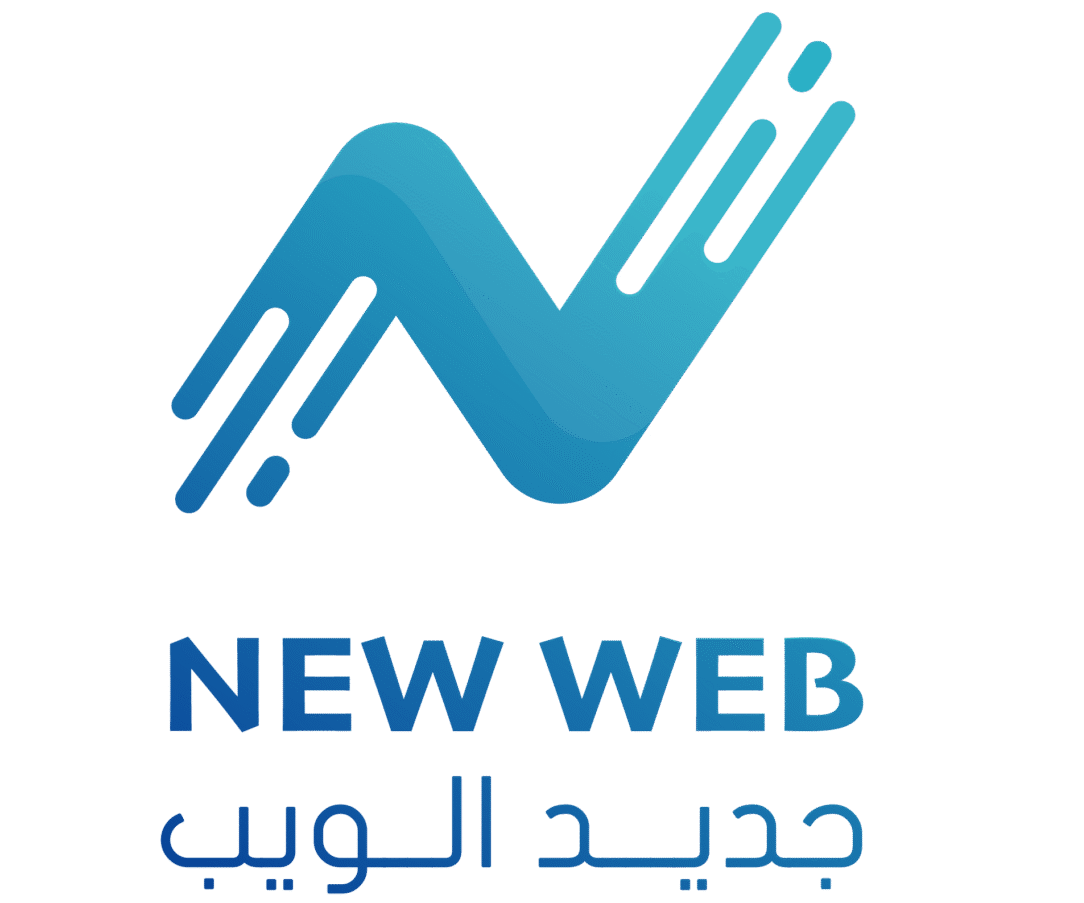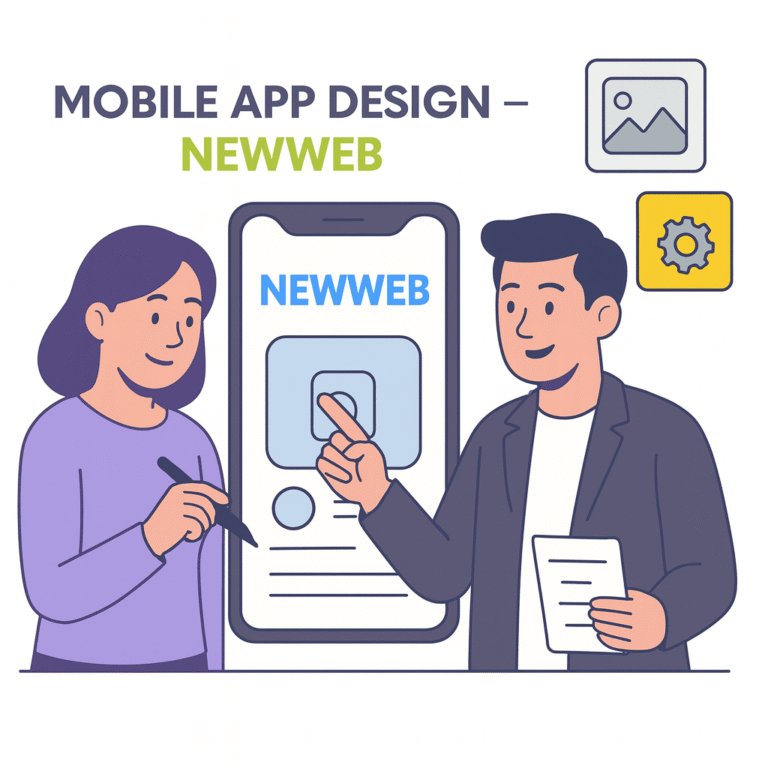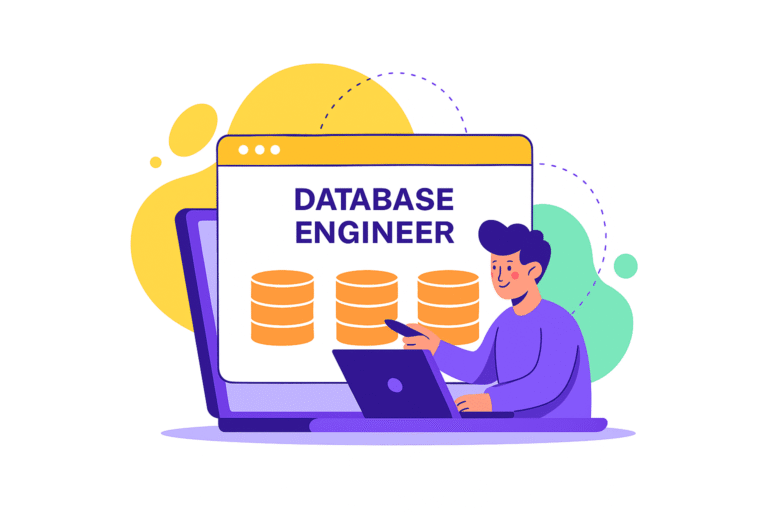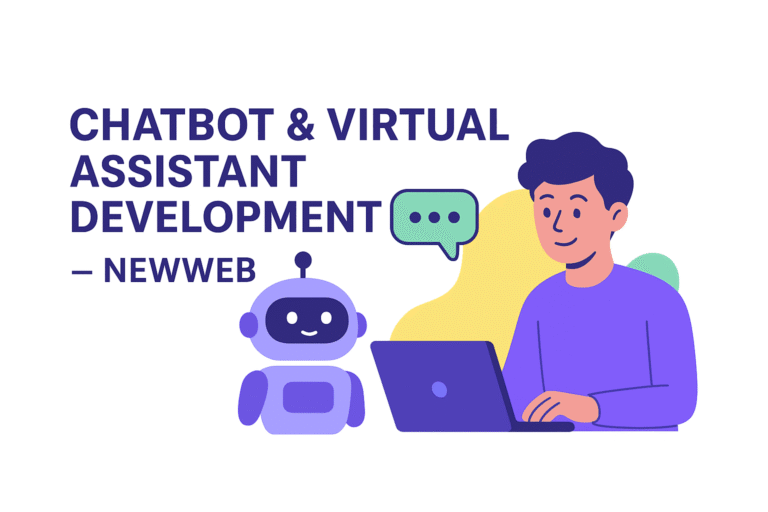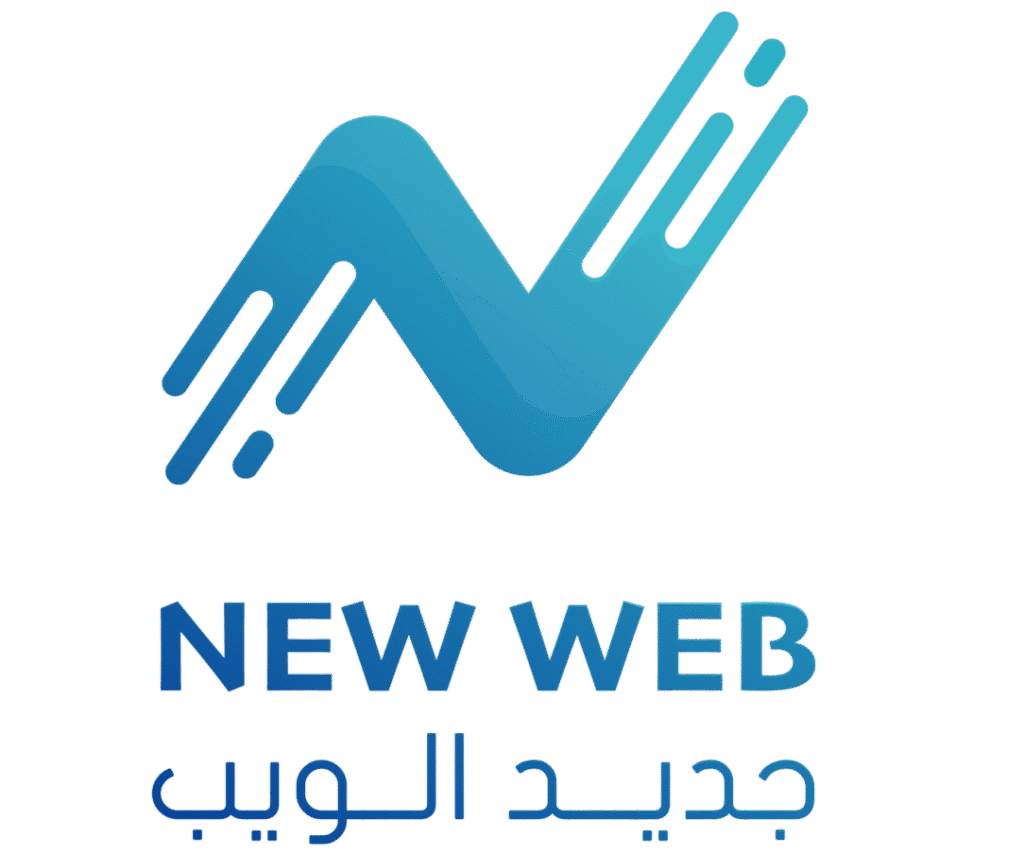At NewWeb, we believe Artificial Intelligence (AI) is transforming the way we live and work. From smart assistants to self-driving cars, AI is reshaping industries, automating tasks, and creating new opportunities for businesses and professionals. 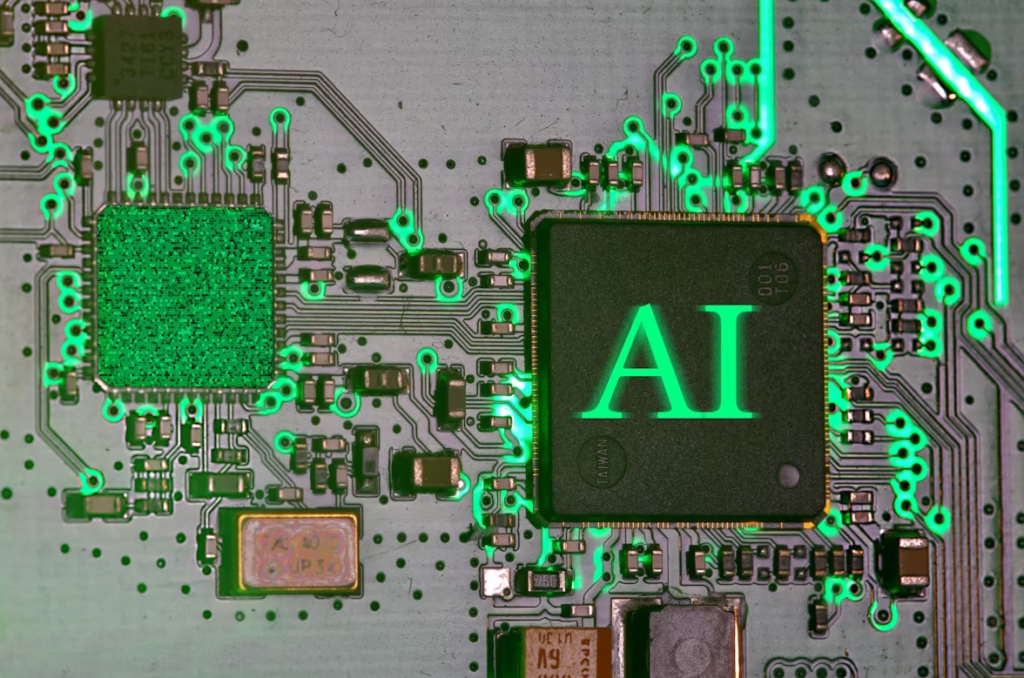
AI Engineer at NewWeb – Detailed Information Guide
Position Overview
Role Definition
An AI Engineer at NewWeb is responsible for developing, implementing, and maintaining artificial intelligence solutions that enhance web applications, automate business processes, and provide intelligent insights. This role combines cutting-edge AI research with practical web development to create innovative digital experiences.
Department Structure
-
- Reports to: Head of AI Engineering / CTO
- Team Size: 5-12 AI engineers and data scientists
- Collaboration: Works closely with web developers, UX designers, product managers, and client success teams
- Location: Flexible (Remote/Hybrid/On-site options available)
Detailed Job Responsibilities
1. AI Model Development (40% of time)
Machine Learning Implementation
-
- Design supervised and unsupervised learning algorithms
- Develop classification, regression, and clustering models
- Create ensemble methods and model stacking techniques
- Implement feature selection and dimensionality reduction
- Build custom neural network architectures
Deep Learning Solutions
-
- Develop convolutional neural networks (CNNs) for image processing
- Create recurrent neural networks (RNNs) for sequence data
- Implement transformer models for natural language tasks
- Design generative adversarial networks (GANs) for content creation
- Build reinforcement learning systems for optimization
2. Web Integration & Deployment (25% of time)
API Development
-
- Create RESTful APIs for AI model serving
- Implement GraphQL endpoints for flexible data querying
- Develop real-time WebSocket connections for live AI features
- Build microservices architecture for scalable AI systems
- Integrate AI models with existing web frameworks
Frontend Integration
-
- Implement AI-powered JavaScript libraries and widgets
- Create interactive dashboards for AI insights visualization
- Develop real-time chat interfaces with AI capabilities
- Build image/video processing tools for web browsers
- Implement client-side AI inference using TensorFlow.js
3. Data Engineering & Pipeline Management (20% of time)
Data Processing
-
- Design ETL pipelines for training data preparation
- Implement data validation and quality assurance systems
- Create automated feature engineering workflows
- Build data versioning and lineage tracking systems
- Develop real-time data streaming solutions
Database Management
-
- Work with vector databases for similarity search
- Implement time-series databases for temporal data
- Design data lakes for unstructured AI training data
- Create data warehouses for analytics and reporting
- Optimize database queries for AI workloads
4. Research & Innovation (10% of time)
Cutting-edge Research
-
- Stay updated with latest AI research papers and trends
- Experiment with state-of-the-art AI techniques
- Participate in AI conferences and workshops
- Contribute to open-source AI projects
- Collaborate with academic institutions and researchers
5. Client Solutions & Support (5% of time)
Custom AI Development
-
- Work directly with clients to understand AI requirements
- Develop proof-of-concepts and prototypes
- Present technical solutions to stakeholders
- Provide ongoing support for deployed AI systems
- Train client teams on AI tool usage
Technical Skills Breakdown
Core Programming Languages
Python (Primary – 80% of work)
-
- NumPy, Pandas for data manipulation
- Matplotlib, Seaborn for data visualization
- FastAPI, Flask for web service development
- Asyncio for asynchronous programming
- Poetry for dependency management
JavaScript/TypeScript (20% of work)
-
- Node.js for backend AI services
- React for AI-powered web interfaces
- TensorFlow.js for browser-based AI
- D3.js for advanced data visualizations
Additional Languages
-
- R for statistical analysis and research
- SQL for database queries and data analysis
- Bash/Shell scripting for automation
- Go for high-performance microservices

AI/ML Frameworks & Libraries
Deep Learning
-
- TensorFlow/Keras: Primary framework for deep learning
- PyTorch: Research and experimental models
- JAX: High-performance numerical computing
- Hugging Face Transformers: Pre-trained language models
- OpenAI API: Integration with GPT and other models
Traditional Machine Learning
-
- Scikit-learn: Classical ML algorithms
- XGBoost: Gradient boosting frameworks
- LightGBM: Fast gradient boosting
- CatBoost: Categorical feature handling
- Optuna: Hyperparameter optimization
Specialized Libraries
-
- OpenCV: Computer vision tasks
- NLTK/spaCy: Natural language processing
- NetworkX: Graph analysis and networks
- Plotly: Interactive visualizations
- MLflow: Experiment tracking and model management
Cloud Platforms & Services
Amazon Web Services (AWS)
-
- SageMaker for model training and deployment
- Lambda for serverless AI functions
- EC2 P3/P4 instances for GPU computing
- S3 for data storage and model artifacts
- Bedrock for foundation model access
Google Cloud Platform (GCP)
-
- Vertex AI for end-to-end ML workflows
- BigQuery for large-scale data analysis
- Cloud Functions for serverless computing
- Cloud Storage for data and model storage
- AutoML for automated model development
Microsoft Azure
-
- Azure Machine Learning for MLOps
- Cognitive Services for pre-built AI APIs
- Azure Functions for serverless deployment
- Cosmos DB for NoSQL data storage
- Power BI for business intelligence
Salary & Compensation Details
Base Salary Ranges (USD, Annual)
-
- Junior AI Engineer (0-2 years): $85,000 – $120,000
- AI Engineer (2-5 years): $120,000 – $160,000
- Senior AI Engineer (5-8 years): $160,000 – $200,000
- Principal AI Engineer (8+ years): $200,000 – $250,000+
Additional Compensation
-
- Performance Bonus: 10-20% of base salary
- Equity/Stock Options: Vesting over 4 years
- Signing Bonus: $5,000 – $25,000 for experienced candidates
- Relocation Assistance: Up to $10,000 for qualifying moves
Benefits Package
-
- Health Insurance: 100% premium coverage for employee, 80% for family
- Retirement: 401(k) with 6% company matching
- Paid Time Off: 20+ vacation days, 10 sick days, 12 holidays
- Professional Development: $3,000 annual learning budget
- Equipment: Latest MacBook Pro/high-end PC + peripherals
Work Environment & Culture
Team Collaboration
-
- Agile Development: 2-week sprints with daily standups
- Code Reviews: Peer review process for all AI code
- Knowledge Sharing: Weekly tech talks and AI research discussions
- Mentorship: Formal mentoring program for career development
- Cross-functional Teams: Regular collaboration with product, design, and engineering
Innovation Time
-
- 20% Time: One day per week for personal AI projects
- Hackathons: Quarterly internal innovation challenges
- Research Projects: Opportunity to lead internal R&D initiatives
- Conference Speaking: Support for presenting at AI conferences
- Open Source: Encouraged contribution to AI community projects
Remote Work Policy
-
- Flexible Schedule: Core hours 10 AM – 3 PM in your timezone
- Home Office Stipend: $1,500 for setting up home workspace
- Co-working Spaces: Monthly allowance for external workspace
- Team Meetups: Quarterly in-person team gatherings
- Equipment Shipping: All necessary hardware provided
Career Development Path
Skill Development Areas
Technical Growth
-
- Advanced deep learning architectures
- MLOps and production deployment expertise
- Multi-modal AI systems (text, image, audio)
- Edge AI and mobile deployment
- AI safety and ethics implementation
Leadership Development
-
- Technical mentoring and code review skills
- Project management and client communication
- AI strategy and business impact assessment
- Team building and cross-functional collaboration
- Public speaking and technical presentation skills
Advancement Opportunities
Within AI Team
-
- AI Research Lead
- MLOps Engineering Manager
- Principal AI Architect
- Head of AI Engineering
Cross-Department Moves
-
- Product Manager (AI Products)
- Solution Architect (Enterprise AI)
- Technical Consultant (Client-facing AI)
- Data Science Team Lead
Application Process Details
Application Timeline
-
- Application Submission: Online form with portfolio
- Initial Screening (3-5 days): HR and technical review
- Technical Assessment (1 week): Take-home AI project
- First Interview (30-45 minutes): Technical deep-dive
- System Design Interview (60 minutes): AI architecture discussion
- Final Interview (45 minutes): Cultural fit and vision alignment
- Reference Checks (2-3 days): Previous employer verification
- Offer Decision (1-2 days): Compensation negotiation
Portfolio Requirements
Technical Projects (Must Include)
-
- End-to-end ML project with deployed model
- Web integration example with AI features
- Data visualization and analysis project
- Open-source contribution or research paper
Documentation Standards
-
- Clear README files with setup instructions
- Code comments and architectural decisions
- Performance metrics and model evaluation
- Deployment instructions and API documentation
Interview Question Categories
Technical Depth
-
- Machine learning algorithm implementation
- Model evaluation and validation techniques
- Scalability and performance optimization
- Data preprocessing and feature engineering
System Design
-
- AI model serving architecture
- Real-time vs batch processing decisions
- Database design for AI applications
- Monitoring and observability for AI systems
Problem Solving
-
- Business problem to AI solution mapping
- Handling biased or insufficient training data
- Model drift detection and remediation
- Edge cases and failure mode analysis
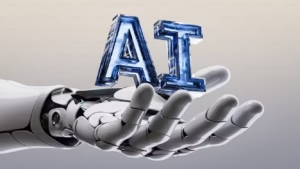
Success Metrics & Performance Evaluation
Key Performance Indicators (KPIs)
-
- Model Performance: Accuracy, precision, recall improvements
- Deployment Success: Uptime and response time of AI services
- Client Satisfaction: Feedback scores on AI implementations
- Innovation Impact: New AI features delivered to production
- Knowledge Sharing: Contributions to team learning and documentation
Review Process
-
- Quarterly Reviews: Goal setting and progress assessment
- Annual Reviews: Comprehensive performance and compensation review
- 360 Feedback: Input from peers, managers, and collaborators
- Self Assessment: Reflection on achievements and growth areas
- Career Planning: Discussion of future goals and development needs
